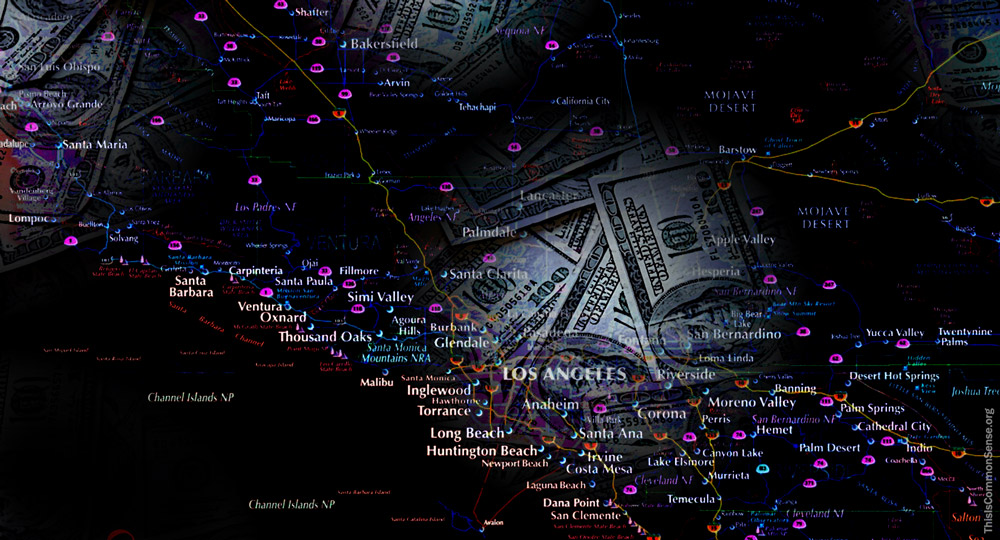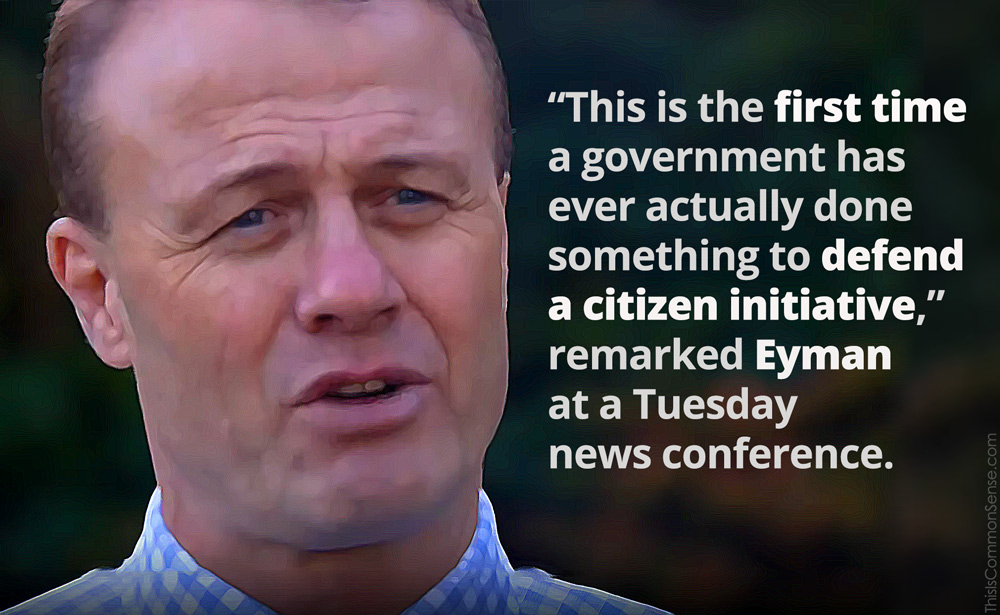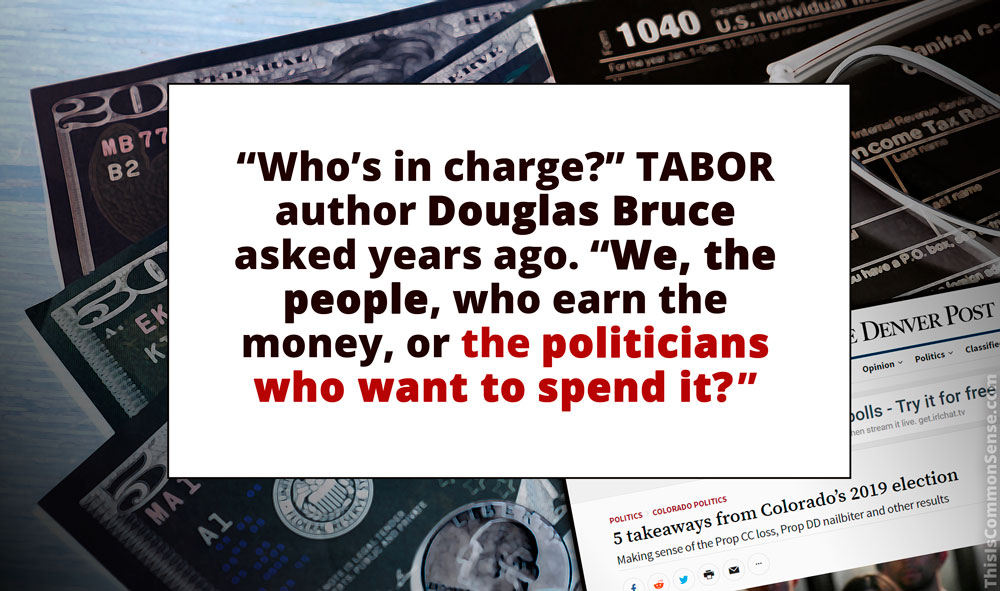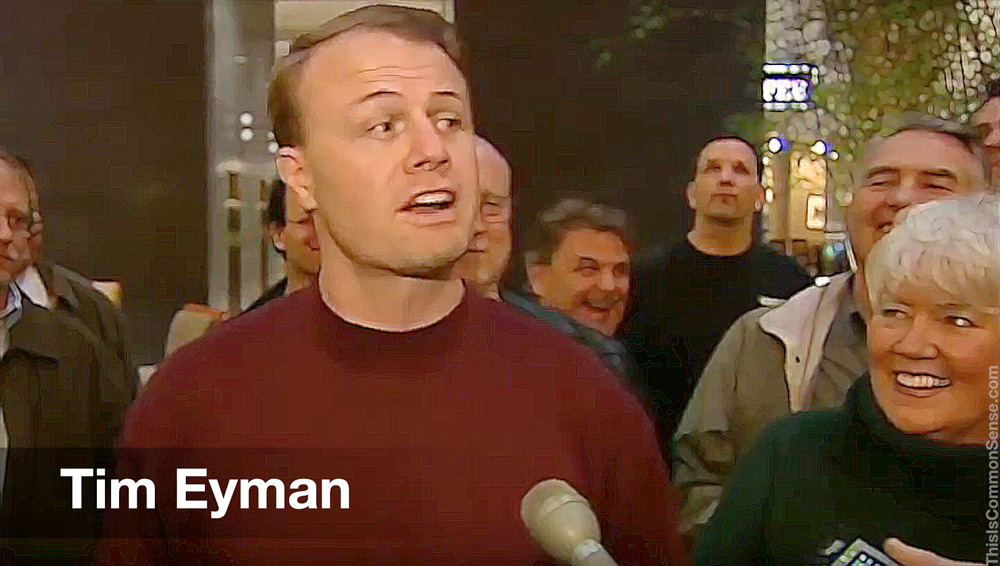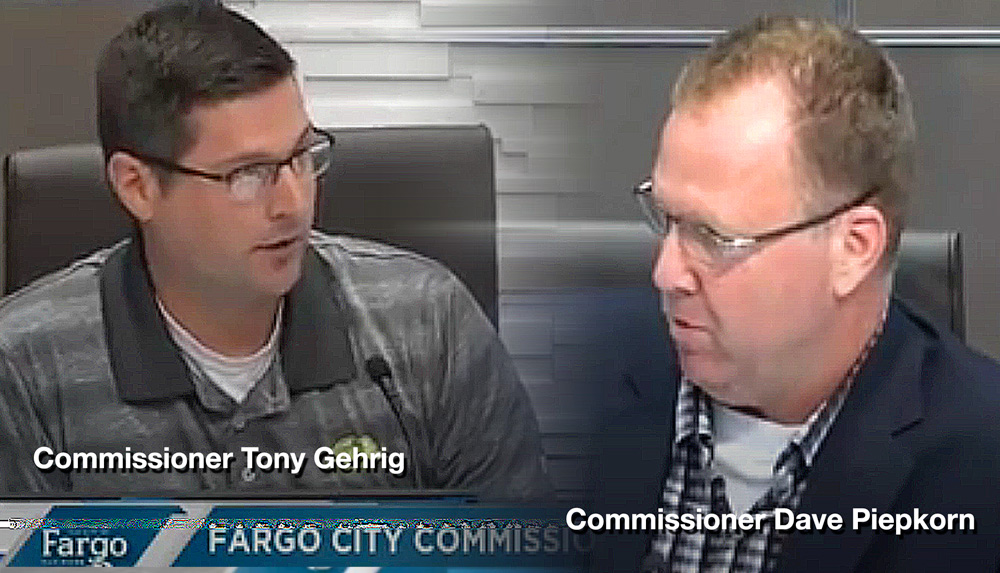Is California a failed state? It has an electric grid problem. And a vagrancy problem. Both of which stem from the bizarre ideological blind spots of a political class “benefiting” from the state’s high legislator/citizen ratio, which insulates politicians from feedback.
Driving them power mad.
And one form of madness flowers in political greed, hubris and overreach.
“A pack of Democratic lawmakers in California are proposing a wealth tax for the state’s richest citizens, forcing them to pay more essentially just for owning a lot of stuff,” writes Scott Shackford at Reason. “They also, amazingly, want the tax to follow Californians who flee the state in response, attempting to make them continue paying taxes on wealth that’s not even in the state.”
Rob Bonta, Oakland’s Democrat in the Assembly, says the Golden State needs more gold, and he has made a startling observation. Wait for it. “Rich people have money,” Shackford summarizes, and Bonta wants to take it. To expand services.
But surely service expansion is not only not the only option, it is often the worst option.
Take the state’s rolling blackouts. Was that caused by not enough or really bad legislation? President Trump points his finger at the Democratic-controlled Assembly: “In California, Democrats have intentionally implemented rolling blackouts — forcing Americans in the dark. Democrats are unable to keep up with energy demand,” the president tweeted on Tuesday. But the New York Post identifies as a cause not “intentionally implemented” blackouts, but “inadequate transmission and an over-reliance on renewable energy and issues with natural gas plants during high heat.”
Bad policy. Not too few “services.”
And the proposal to tax the richest Californians — or former Californians — to pay for more disastrous programs?
Hubris and greed.
Not Common Sense. I’m Paul Jacob.
—
See all recent commentary
(simplified and organized)
